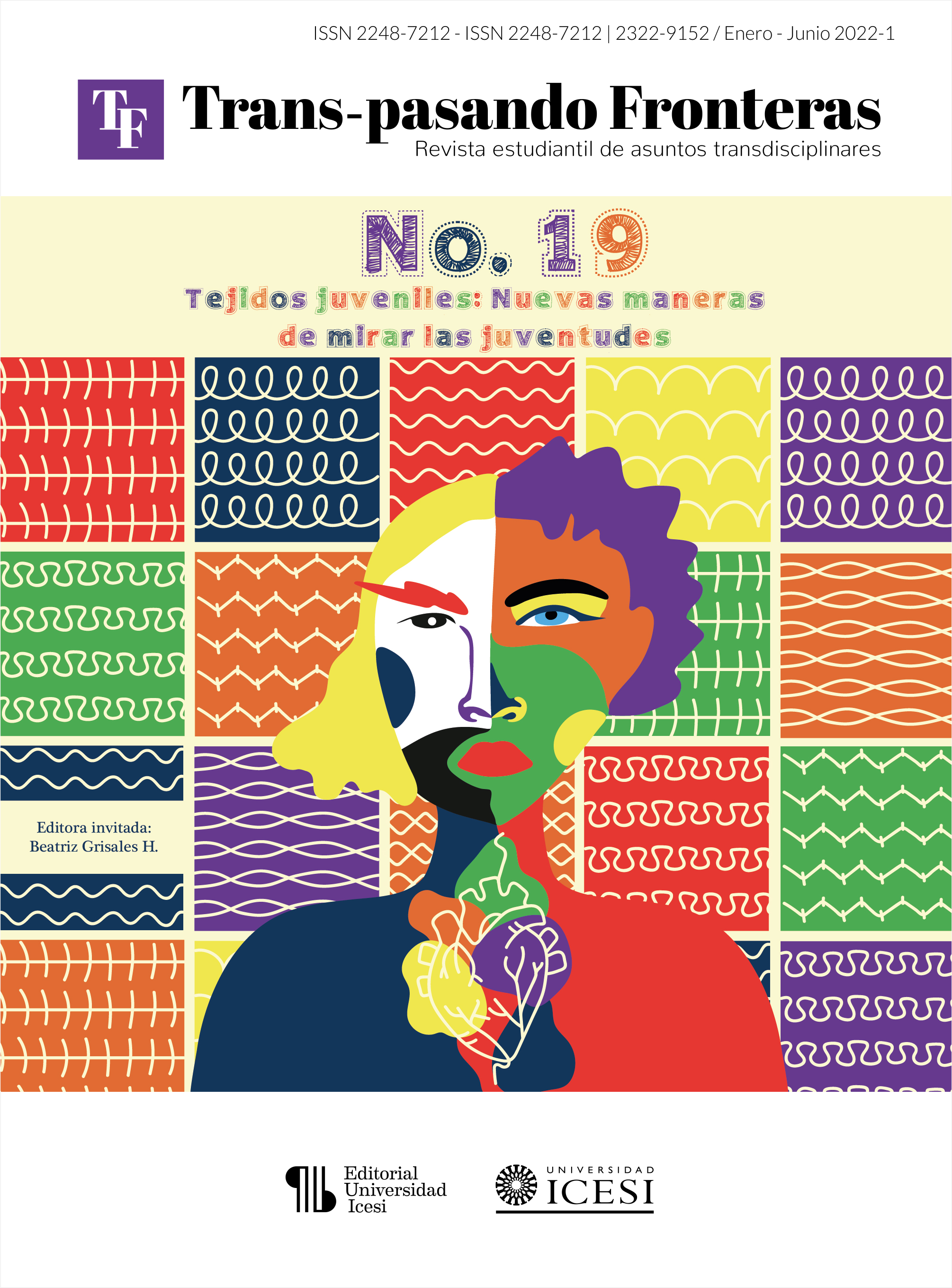n. 19 (2022): Tecidos juvenis: novas formas de olhar para a juventude

Falar de culturas juvenis implica pensar nas diferentes experiências socioculturais e políticas da juventude, que se entrelaçam a partir de seus contextos a partir do enquadramento de espaços e momentos que se expressam em estilos de vida, valores e práticas. Onde as identidades juvenis são construídas por meio de diálogos sobre diferenças sociodemográficas e organizações e instituições juvenis que são atores nos processos identitários. De tal forma que a cultura juvenil se constitui como um tecido em que convergem múltiplas linguagens, relações, objetos, marcas corporais, interações e vínculos que constituem “[...] ser reconhecido" como único e diferente”. (Reguillo, 2000, p. 98).

